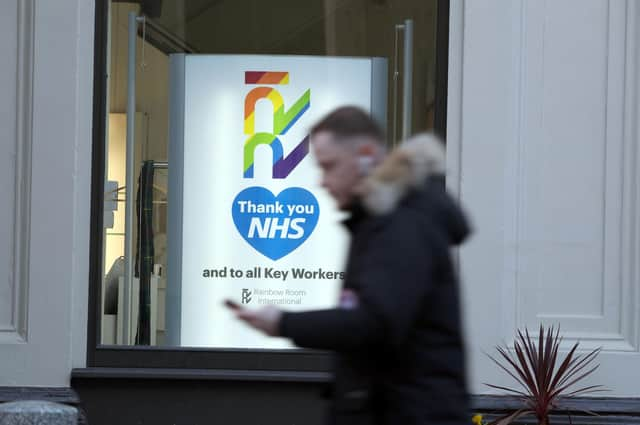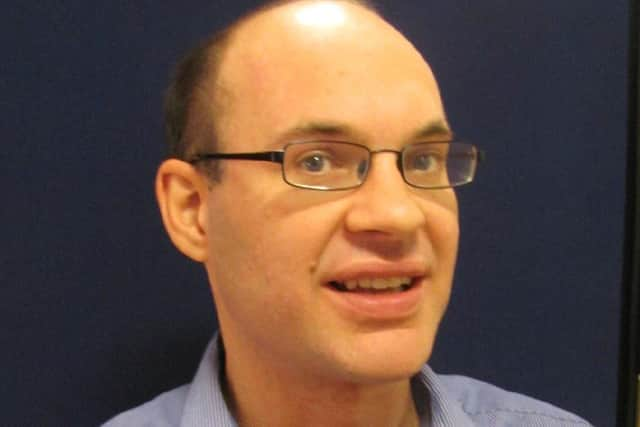Covid offers chance to reimagine Scottish ‘post pandemic’ neighbourhoods


Stuart Hay, director of Living Streets, said the response of planning authorities to the unprecedented public health crisis could help tackle stubborn issues such as inactivity-related diseases and frayed community connection.
He has outlined an array of suggestions, which imagine a “post pandemic world neighbourhood”, designed to bring people together and encourage more active, healthier lifestyles.
Advertisement
Hide AdAdvertisement
Hide AdThey include the incorporation of social spaces such as cafes as part of new housing developments, and dedicated spaces to drop off and collect parcels from online deliveries.


Writing in the latest issue of Scottish Planner, the journal of the Royal Town Planning Institute Scotland, Mr Hay said that one of the few positives to emerge following the first lockdown period was the focus on people staying local to access essentials amenities and green spaces for exercises.
“For the first time in over 50 years, traffic fell to very low levels,” he said.
"This encouraged many more people to experience their neighbourhood by foot and by bike, discovering a range of local places and services.
“It also showed how living more locally could be supported via digital connections. Notably, Covid-19 restrictions significantly accelerated the uptake of digital alternatives to long daily commutes on increasingly congested roads.”
With local and national government facing the steep challenge of revitalising local economies and town centres which suffered during the pandemic, Mr Hay said he believed planners could help bring an end to the “systemic” focus on car-based solutions.
One such solution he has proposed is an end to larger catchment, campus-style schools, which force parents and pupils to rely on cars and public transport, and an end to drive-through restaurants and “big box retail” developments.
Mr Hay’s ideas chime with the concept of so-called ‘20-minute neighbourhoods’, which the Scottish Government outlined its support for in its latest Programme for Government published in September.
Advertisement
Hide AdAdvertisement
Hide AdThe idea is based around the belief that people in any part of a town or city should be able to find shops, green space, public services, leisure facilities, and ideally a place of work, within 20 minutes’ walk of an affordable home.
Mr Hay said that a planning system that focuses on the “movement of vehicles instead of creating places for people” was “incompatible” with the 20-minute neighbourhood concept, but he stressed the new approach was a “good starting point for systemic change”.
Advocating communities with better links to green areas, Mr Hay also said planning policies must be “better defined” and adhered to if the idea was to become a reality.
He explained: “This means telling developers what they ‘must do’ in terms of facilities, density and local walking and cycling connections. This need not be complex. For example, asking whether it is possible to buy toilet roll within ten minutes’ walk of new housing will reveal a lot.”
A message from the editor:Thank you for reading this article. We're more reliant on your support than ever as the shift in consumer habits brought about by coronavirus impacts our advertisers. If you haven't already, please consider supporting our trusted, fact-checked journalism by taking out a digital subscription.
Comments
Want to join the conversation? Please or to comment on this article.
